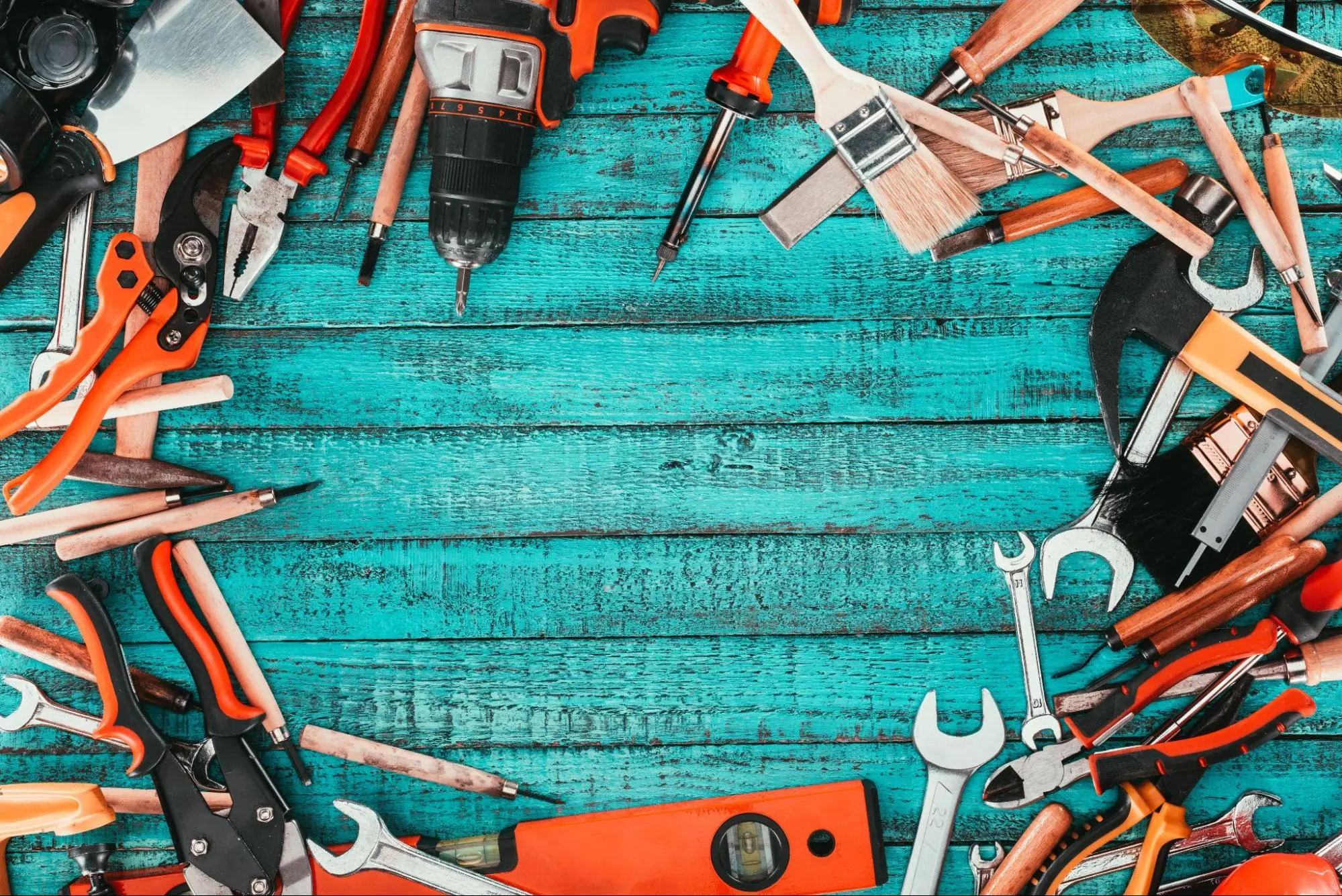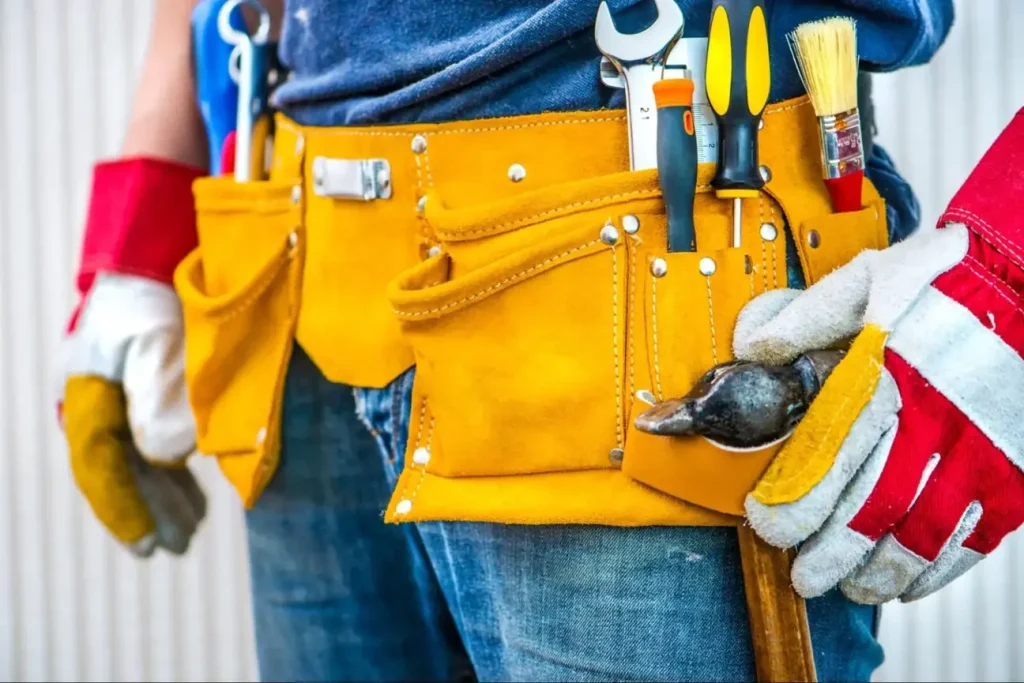
Choosing the right hardware is a critical step in ensuring the success of any handyman project. Whether you’re installing shelves, assembling furniture, or tackling more complex repairs, the hardware you select can significantly impact the durability and functionality of your work.
When it comes to handyman projects, the importance of selecting the correct hardware cannot be overstated. The right screws, nails, bolts, and other components not only ensure the stability and longevity of your work but also make the task easier and more efficient. With a vast array of hardware options available, it can be overwhelming to determine what you need for each specific job. This guide aims to simplify the process, offering practical advice on how to choose the best hardware for your projects.
Selecting the right hardware for your projects involves understanding the requirements of the task at hand and the properties of different hardware types. Here’s a comprehensive guide to help you make the right choices.
Before purchasing hardware, it’s essential to thoroughly understand the requirements of your project. Here are some factors to consider:
Weight and Load: Consider the weight and load-bearing capacity of the items you are working with. For heavy objects, choose hardware that can support the weight without bending or breaking.
Material Compatibility: Ensure that the hardware is compatible with the materials you are using. For example, wood screws are designed differently from metal screws. Environmental Conditions: Think about the environment where the hardware will be used. For outdoor projects, opt for hardware that is rust-resistant and can withstand weather conditions.
Different types of hardware serve various purposes. Here’s a breakdown of common hardware types and their uses:
Screws: Screws are versatile and come in many sizes and types, such as wood screws, machine screws, and sheet metal screws. They are ideal for tasks requiring strong, secure fastening.
Nails: Nails are commonly used in woodworking projects and framing. They come in different lengths and gauges and are typically less expensive than screws.
Bolts and Nuts: Bolts and nuts are used for assembling parts that need to be disassembled later. They provide a strong, secure connection and are available in various sizes.
Anchors: Anchors are used to secure screws or bolts into materials like drywall or masonry. They provide additional support and prevent the hardware from pulling out.
Hinges: Hinges are crucial for doors, cabinets, and other items that require pivoting or swinging movement. Choose hinges based on the weight and size of the item.

Selecting the right hardware can be challenging, but these tips will help you make the best choice for your handyman projects.
While it might be tempting to opt for cheaper hardware, investing in high-quality materials is crucial for the durability and success of your project. High-quality hardware is less likely to fail, ensuring a longer-lasting and more reliable outcome.
Always read the specifications and labels on hardware packaging. These provide essential information about the hardware’s size, material, and suitable applications. Understanding these details will help you choose the right items for your project.
Size and Length: Ensure the hardware size matches the requirements of your project. Using screws or nails that are too long or too short can compromise the integrity of your work.
Material: Check the material of the hardware. For example, stainless steel is ideal for outdoor use due to its rust-resistant properties.
Load Capacity: Verify the load capacity of the hardware, especially for projects involving heavy loads.
Avoiding common mistakes can save you time, money, and frustration. Here are some pitfalls to watch out for:
Using the wrong type of hardware can lead to project failure. For example, using wood screws for metal can result in stripped threads and weak joints. Always match the hardware to the material and purpose.
For many projects, pre-drilling holes can prevent wood from splitting and ensure a more secure fit for screws. This step is especially important for hardwoods and large screws.
Appropriate Drill Bit Size: Use a drill bit that matches the diameter of the screw shank.
Depth Control: Drill to the correct depth to avoid weakening the material.
Selecting the right tools for your handyman projects involves understanding the specific requirements of each task, choosing high-quality materials, and avoiding common mistakes. By considering factors such as weight, material compatibility, and environmental conditions, you can ensure your projects are successful and durable.
By following this guide, you can confidently choose the right hardware for your handyman projects, ensuring success and longevity in your home improvements. Whether you’re a seasoned DIYer or just starting, understanding the importance of the right hardware will help you achieve professional-quality results.
Choosing the right hardware is essential, but sometimes it’s best to leave complex or large-scale projects to the professionals. Partnering with a reliable service provider like Kaminskiy Care and Repair can ensure your projects are completed to the highest standards.
Kaminskiy Care and Repair offers expert handyman services, including guidance on selecting the right hardware. Our team of experienced professionals can handle everything from minor repairs to major renovations, providing quality workmanship and peace of mind. Contact us today